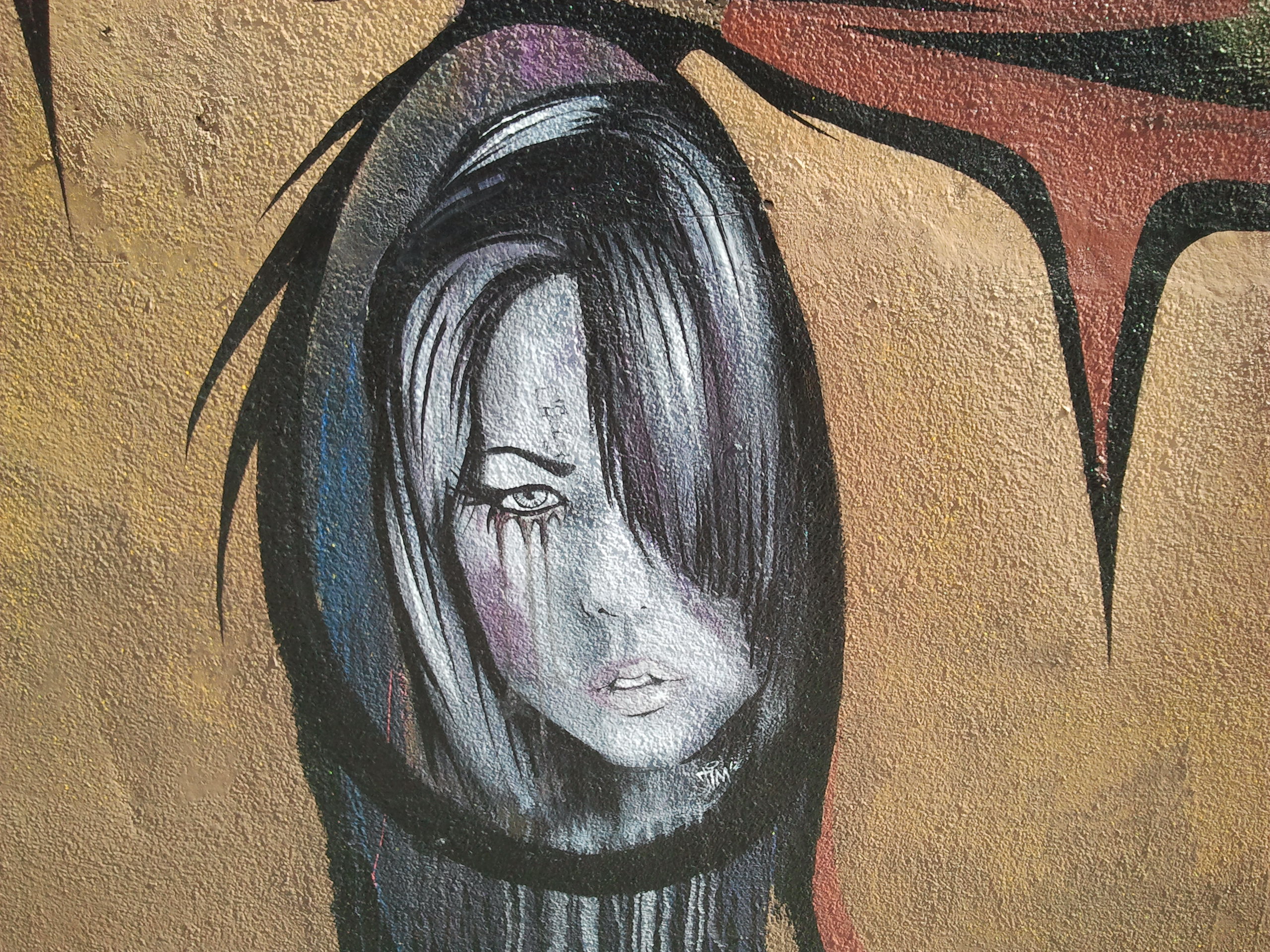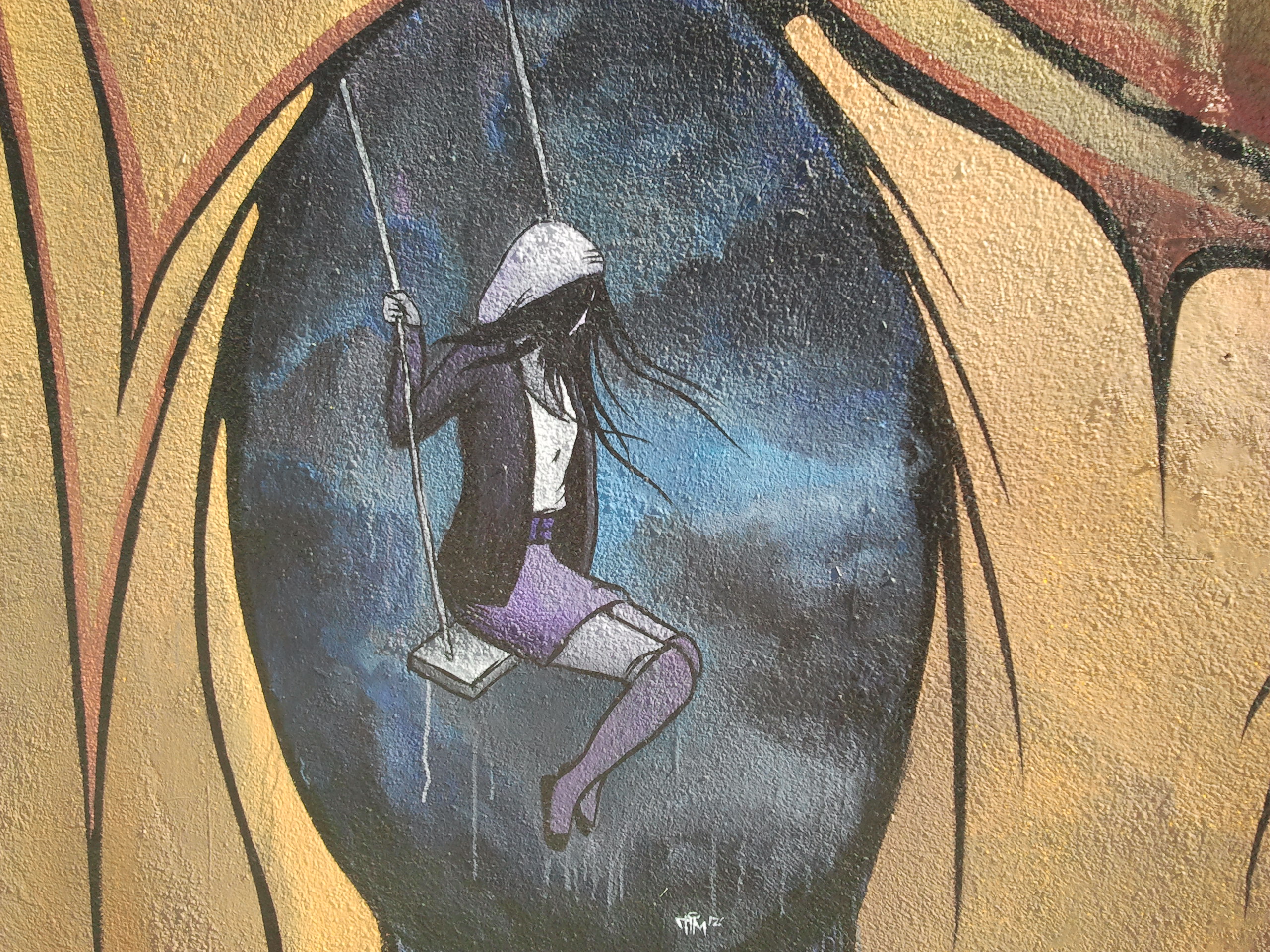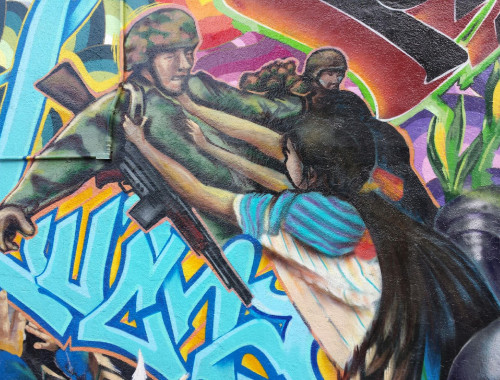
Last week I did an interview for the Art Stuff podcast with Jessica Johannesen. Jessica originally contacted me because she’d read The INFJ Writer and was curious to learn more about how intuitive personality types have their own unique struggles when it comes to creativity. However, as we started talking, the conversation focused on one topic in particular: the specific challenges INFP artists face with creative projects.
This is a topic I’m very familiar with, as fully half of my clients are INFP writers. I see the same problems over and over again when working with INFPs. It’s gotten to the point that when I do an initial consultation call with a new INFP, I pretty much already know what they’re going to tell me.
The INFP writer’s biggest “problem” is, in my mind, not really a problem at all. It’s more like a situation that has two sides to it, but that can cause a world of heartache to INFP writers who don’t know what’s going on or why writing (and working on and finishing creative projects overall) is just so hard for them.
In this article, I’m encapsulating this problematical two-sided situation that almost all INFP artists struggle with so that more INFPs out there will know that there’s nothing wrong with them, first of all, and also, that they’re not alone.
Challenge #1, or one side of the INFP writer problem is…
INFP Writers DO NOT Work Linearly. Instead, They Work in Circles.
This is a tough one for many INFPs to wrap their head around at first and I frequently get a puzzled, “Huh?” in response when I first explain this to a new INFP writer client. Because we live in a culture that prioritizes rationality, productivity, and goal-oriented activities, INFPs have been programmed—as we all have—that working in a linear manner is the best way to do things. So, for their entire lives they have pushed themselves to get on board with this method. In fact, they are so used to pushing themselves that they frequently override their own artistic instincts without even knowing that they’re doing so.
However, instead of starting with point A and moving onto point B and then C and so forth, an INFP artist will work best if they have a handful of projects going on simultaneously and big chunks of free time and space to move between the projects in a circular manner. So, they start with the project that they feel pulled toward (not the one they are pushing themselves to get done) and then they put it down when they feel like working on something else. They then move between various projects, circling around and circling back to different things, again, as they feel pulled to do so.
You can see that the key elements in this process are feeling and sensing a pull and receiving the inner signal to work on one thing and then another, all elements of feminine energy. This is much different than pushing and deciding and organizing, which are all elements of masculine energy. When the INFP artist shifts into the feminine, they will be able to let go of the expectations that have been weighing them down and holding them back and they will actually get a lot more done.
Challenge #2, or the other side of the INFP writer problem is…
INFPs absolutely do not fit into the mainstream culture of our society. They internalize this disconnect as “something is wrong with me” and “I need to get my act together.”
Almost every time I talk to a new INFP writer client, they tell me the same statements I’ve heard so many times before. “I’m scatter-brained.” “I can’t get organized.” “I need to learn how to focus. I need to learn time management.” “I need to get my act together.”
That last one especially, I hear A LOT.
INFPs have been telling themselves for so long that they need to get their act together that it’s not something they question. More often than not it’s a belief that just runs on autopilot in the background of their mind. And because INFPs are so amazingly intuitive and observant of those around them, they have gathered much evidence for this belief over the years. They watch the types of people who seem to do the best in the structured environment of their schools and workplaces, the ESTJs and the ISFJs, etc., and they see how these types use to-do lists, and set concrete goals, and work in a straight line getting from problem to solution, and then they start beating themselves up, even if only unconsciously. Because in their heart of hearts, they know that they just can’t seem to do that. Or, if they do pull it off, it’s a façade, it’s something they’re pushing themselves to do and something they hate doing the entire time because it feels so stifling and so deadly boring to them that they can only get through it by gritting their teeth and pushing their way through it.
But here’s the thing, INFPs. You DON’T need to get your act together. Working in circles, working with a very loose framework or no framework at all, flitting between multiple different projects, having no set deadline or expectations for when the work will be done—this IS your act. No, you will never excel at choosing one project. You will never be driven by crossing goals off some list. But you are not meant to do that, you are not meant to work in that way. What an INFP artist DOES excel at is exploring the depths of their emotions and their own soul, pulling out the deepest darkest pieces and then shaping those pieces into something beautiful that carries a message for the rest of humanity, a message that can actually help people and change their lives.
THAT is what you excel at, INFPs.
So, if you are an INFP artist and you’ve spent years with that inner critical voice in your head telling you that something is wrong with you, you’re doing it all wrong, you need to get focused, you need to get your act together, well, the next time you hear it, I want you to come back and read this article. I also want you to start reading more about your type and your specific function stack and how all your functions work together. Because the more you know about yourself and how you are uniquely wired as an INFP, the better things are going to get for you as a creative being.
If you’re interested in hearing the full discussion of how and why INFP artists struggle creatively, you can find the podcast here. I also strongly suggest you check out the other episodes, they’re very helpful for any creative person who wants to learn more about themselves and their process.
Lauren Sapala is the author of Firefly Magic: Heart Powered Marketing for Highly Sensitive Writers, a guide to help any HSP, INFJ, INFP, or introvert writer move past resistance to selling and marketing their work. She is also the author of The INFJ Writer, a writing guide made specifically for sensitive intuitive writers.


